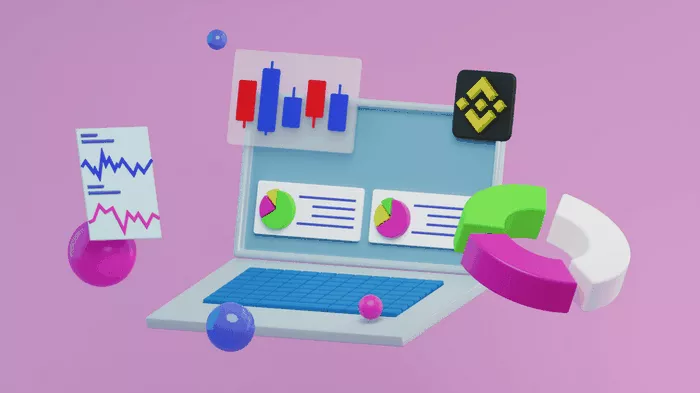The intersection of finance and religious principles has long been a topic of discussion and contemplation. For adherents of Islam, the question of whether futures trading aligns with religious teachings has garnered considerable attention. Futures trading, characterized by its speculative nature and forward contracts, raises questions about riba (interest) and gharar (excessive uncertainty), two concepts that Islamic finance aims to avoid.
Understanding Futures Trading
Futures trading involves the buying or selling of contracts that speculate on the future price of an underlying asset, such as commodities, currencies, or indices. These contracts obligate the parties to transact the asset at a predetermined price and date. The essence of futures trading lies in speculation, as traders seek to profit from the anticipated price fluctuations of the underlying asset.
The Prohibition of Riba and Gharar
Riba, commonly translated as usury or interest, is strictly prohibited in Islam. The concept is rooted in the belief that gaining profit without bearing risk or participating in productive economic activities is unethical. Gharar, on the other hand, refers to excessive uncertainty or ambiguity in a contract. Islamic finance encourages transparent and mutually beneficial agreements, discouraging transactions marked by excessive risk or uncertainty.
Perspectives on Futures Trading
The permissibility of futures trading in Islam has generated diverse viewpoints among scholars and practitioners. Some argue that futures trading can potentially involve elements of riba and gharar due to its speculative nature and the potential for excessive risk. Others contend that futures trading can be compatible with Islamic principles when conducted within specific parameters, such as avoiding interest-bearing contracts and adhering to ethical guidelines.
Hedging and Risk Management
One argument in favor of the permissibility of futures trading is its potential role in hedging and risk management. Futures contracts can be utilized as a means to mitigate price fluctuations and reduce risk exposure. For example, a producer or consumer may use futures contracts to lock in prices for commodities to ensure stability in the face of market volatility.
Ethical Considerations
Islamic finance places great emphasis on ethical conduct and transparency. When evaluating the permissibility of futures trading, proponents highlight the importance of adhering to ethical standards in contract terms and trading practices. Engaging in transparent and equitable transactions that do not involve interest-based contracts can align with Islamic principles.
Education and Understanding
One of the key factors in determining the permissibility of futures trading in Islam is the level of understanding and knowledge possessed by the trader. Islamic finance encourages individuals to educate themselves about the financial instruments they engage with, ensuring that transactions are in accordance with Islamic principles.
Islamic Finance Innovations
In response to the complexities of financial markets and the need to align with Islamic principles, there have been efforts to develop Sharia-compliant financial instruments. Some scholars and financial institutions have explored the creation of futures contracts that are structured to adhere to riba and gharar principles. These efforts aim to provide a framework for engaging in futures trading while remaining within the boundaries of Islamic finance.
Conclusion
The permissibility of futures trading in Islam is a multifaceted issue that requires a deep understanding of both financial practices and religious principles. While there are differing opinions among scholars and practitioners, the central theme revolves around the avoidance of riba and gharar while promoting ethical conduct and transparency. As Islamic finance continues to evolve, individuals seeking to engage in futures trading within the framework of their faith are encouraged to seek guidance from knowledgeable scholars and experts in the field. Ultimately, the decision to participate in futures trading in Islam is a deeply personal one, guided by the principles of faith and a commitment to ethical financial conduct.


